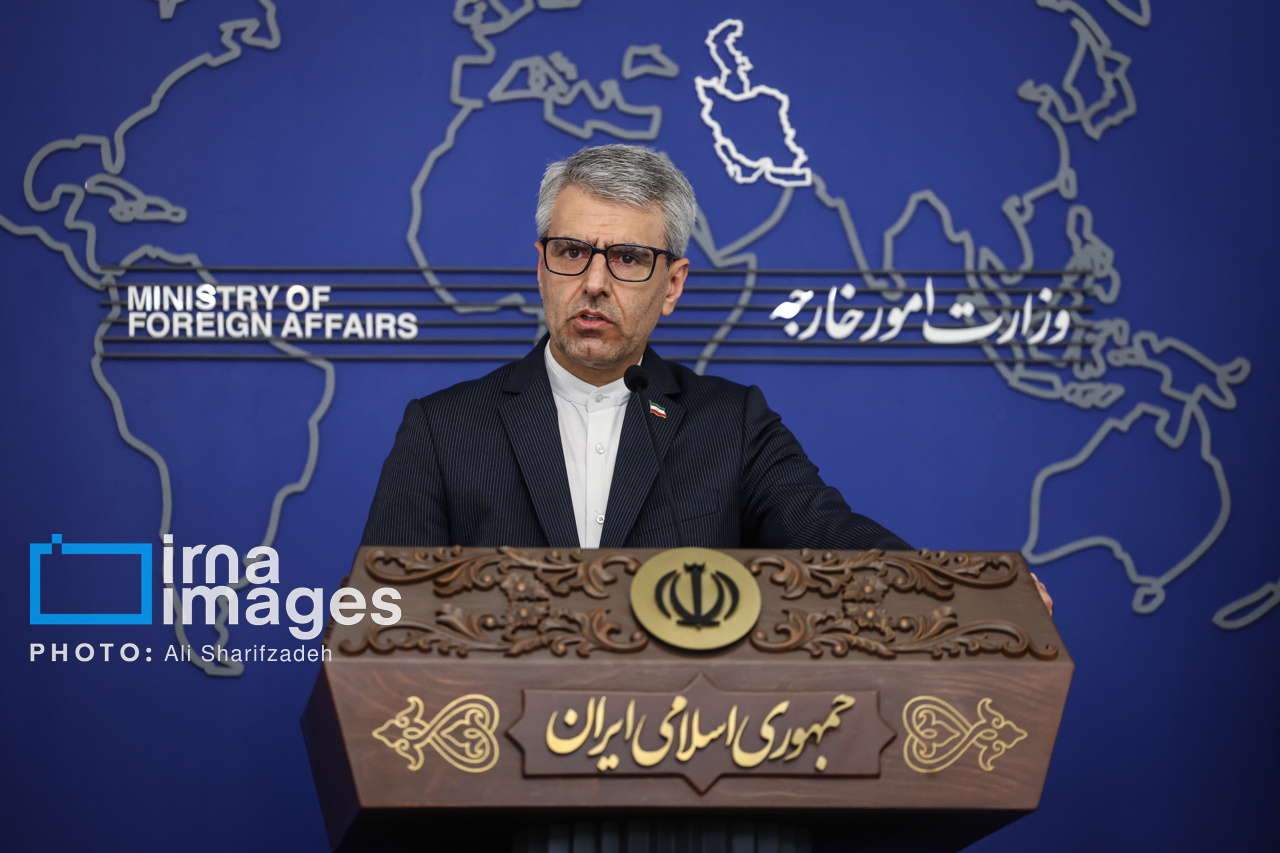
Similar Posts
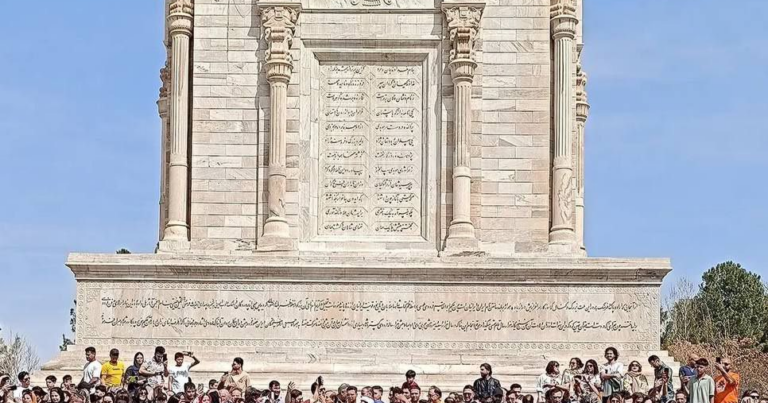
Iranians Embrace Nowruz: A Vibrant Celebration of Non-Islamic Culture Amidst Rulers’ Challenges
During this year’s Nowruz celebrations in Iran, a surge of patriotic sentiment emerged, with many citizens advocating for the restoration of the pre-Islamic Revolution monarchy amidst economic hardships and political discontent. Gatherings at historical sites like Persepolis showcased national pride, with chants for Reza Shah and patriotic songs echoing through crowds. Despite government efforts to promote religious observances, many expressed dissatisfaction with current leadership, particularly during protests in major cities. The overlap of Nowruz and Ramadan heightened tensions, as citizens openly challenged the government, signaling a deep divide between state ideology and public sentiment while expressing hopes for change and a better future.
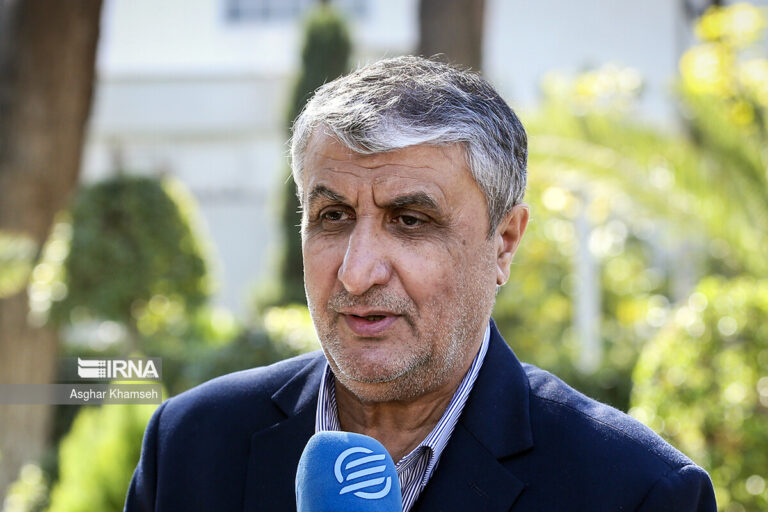
Iran’s Nuclear Chief Asserts: ‘No Past or Future Nuclear Weapons Program!’
Mohammad Eslami, Head of the Atomic Energy Organization of Iran (AEOI), asserted that Iran has never pursued a nuclear weapons program and will not do so in the future. His statement follows renewed tensions due to U.S. President Donald Trump’s comments aimed at reinstating pressure on Iran to prevent atomic bomb development. Eslami clarified Iran’s stance during a cabinet meeting, emphasizing, “Iran never had, does not have now, and never will have a program [to produce] nuclear weapons.” The situation underscores the complexities of nuclear diplomacy and the differing views of the U.S. and Iran on nuclear proliferation.
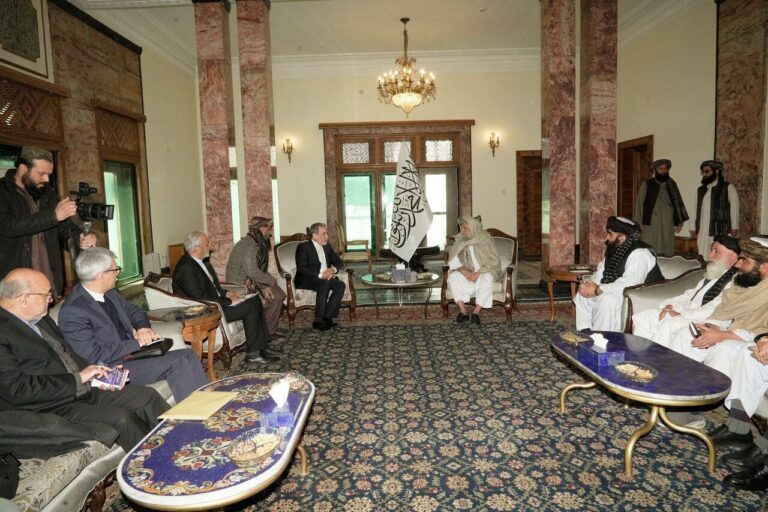
Araghchi Emphasizes Interconnected Security: Iran and Afghanistan’s Stability at Stake
During his visit to Kabul, Iranian Foreign Minister Abbas Araghchi underscored the interconnected security of Iran and Afghanistan, advocating for increased cooperation. Meeting with Afghan acting Prime Minister Mohammad Hasan Akhund, he expressed optimism about Afghanistan’s security and highlighted the necessity of collaboration on bilateral issues, particularly the water dispute stemming from the Helmand River Treaty of 1973. Araghchi also addressed the rising Afghan refugee situation in Iran, emphasizing commitment to repatriation efforts. This visit, Araghchi’s first as Foreign Minister, signals a focus on strengthening political and economic ties between the neighboring countries amid regional challenges.
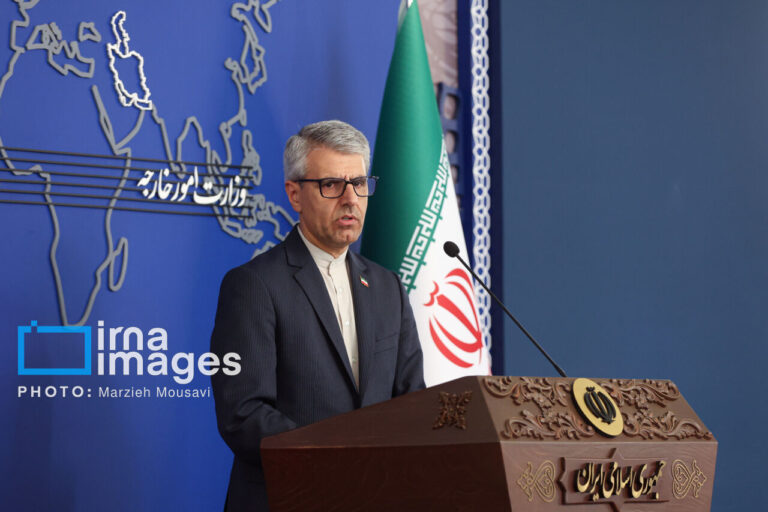
Iran Concludes Challenging Fourth Round of U.S. Talks: A Step Forward?
Recent indirect negotiations between Iran and the U.S. in Muscat, Oman, concluded with both sides describing the sessions as “difficult but useful.” Foreign Ministry spokesperson Esmaeil Baqaei announced that the talks improved understanding of each party’s positions on critical issues, including Iran’s nuclear program and sanctions. He confirmed that Oman would organize the next round of discussions. Led by Iranian Foreign Minister Abbas Araqchi and U.S. Special Envoy Steven Witkoff, the talks faced challenges, particularly regarding uranium enrichment, which Araqchi deemed “non-negotiable.” The discussions lasted several hours, focusing on finding realistic solutions to ongoing tensions.
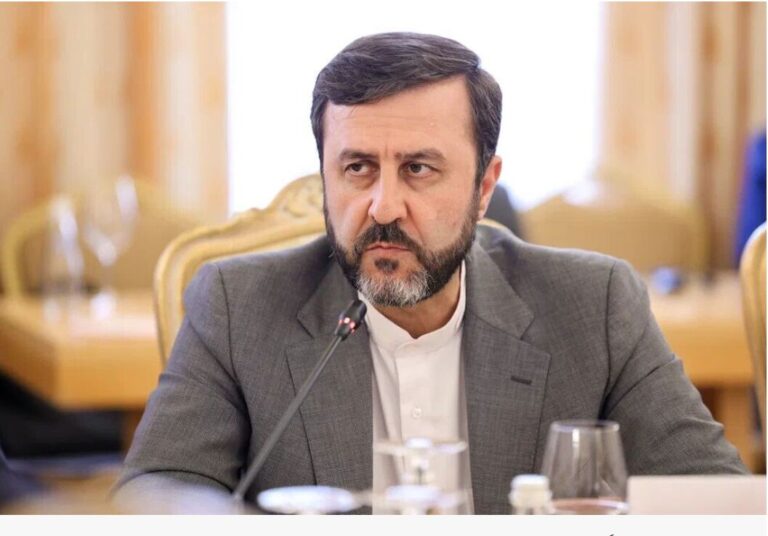
Sanctions Impacting Access to Essential Medical Care, Warns Deputy Foreign Minister
U.S. sanctions on Iran have severely restricted access to essential medical equipment and treatments, according to Kazem Gharibabadi, the deputy foreign minister for legal and international affairs. These sanctions, part of the “maximum pressure” policy, have raised human rights concerns, particularly regarding the right to health. At a recent conference, Gharibabadi highlighted the detrimental effects on patients with chronic illnesses, exacerbated by international banks’ refusal to conduct transactions with Iran. He argued that such unilateral measures harm national economies, impact citizens’ livelihoods, and undermine fundamental rights, calling for international attention to these violations.
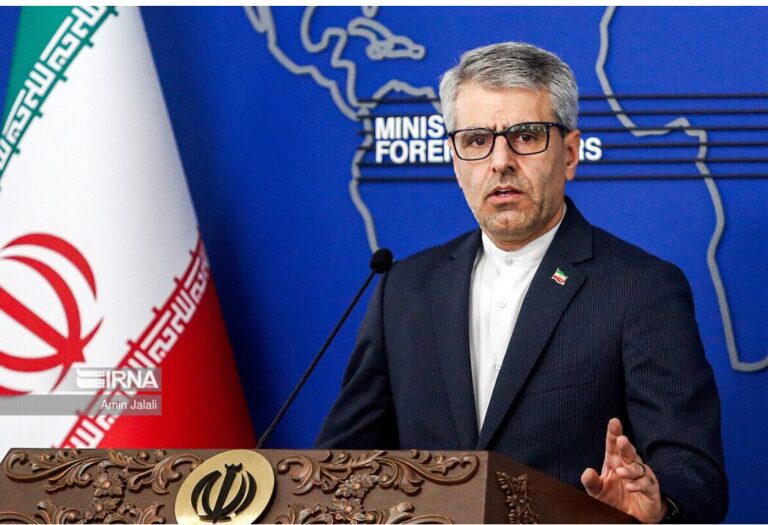
Iran Denounces Israeli Strikes on Syria, Calls for Urgent U.N. Action
Iranian Foreign Ministry spokesperson Esma’eel Baqayi condemned Israeli air and ground assaults on southern Syria, particularly near Damascus, citing concerns over regional stability and violations of international law. He described Israel’s actions as “expansionist and aggressive,” urging the international community, especially Islamic nations, to oppose these aggressions and take immediate action. Baqayi emphasized that Israeli strikes threaten Syrian sovereignty and called for a response from the U.N. Security Council. This escalation follows Israeli military operations aimed at preventing militant incursions, with Prime Minister Netanyahu asserting Israel’s intent to maintain its presence in the region.